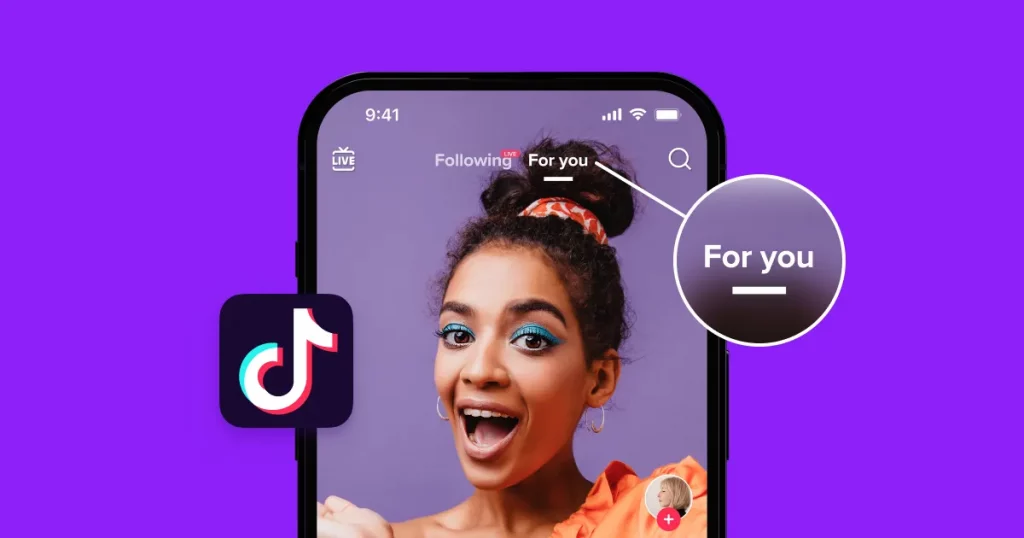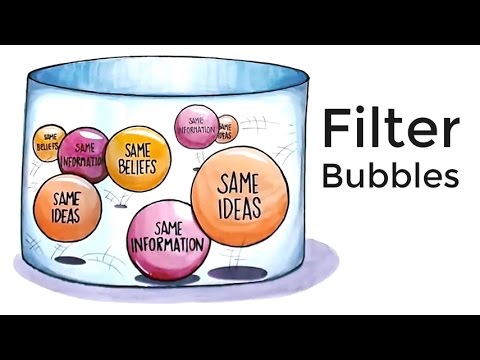We’ve all had that moment: you’re scrolling through Instagram or TikTok, and suddenly a post appears that feels a little too accurate. Maybe it’s the exact meme you needed after a bad day, a product you casually mentioned to a friend, or a song that perfectly matches your mood. It almost feels like your phone is reading your mind. In reality, it’s not magic: it’s the algorithm.
Algorithms are invisible curators, constantly working behind the scenes to decide what you see online. They’re designed to predict your behavior, learn from your clicks, and show you content that keeps you scrolling. But as they become more accurate, the question arises: do algorithms actually know us better than we know ourselves?
At their core, algorithms are just sets of instructions that process data. Every time you like a post, watch a video to the end, or skip a song, you’re feeding them information about your preferences. Over time, the algorithm builds a profile of your habits and interests. That’s why Netflix seems to know exactly what you want to binge next, why Spotify serves up eerily accurate playlists, and why TikTok’s “For You Page” feels like it was made just for you.
In a sense, algorithms act like attentive friends, quietly noticing patterns you don’t even register. Maybe you didn’t realize you prefer upbeat music on Monday mornings, but Spotify did. Maybe you didn’t notice how often you watch cooking videos, but TikTok did.

This level of personalization can feel like a gift. Algorithms save us time by serving content we’re likely to enjoy. They help us discover niche creators, connect with communities we didn’t know existed, and even introduce us to new hobbies or ideas.
For many people, the algorithm feels validating. When your feed seems to “get you,” it creates the illusion of being understood. In a digital world where attention is currency, that sense of recognition is powerful.
However, this convenience comes at a cost. One of the biggest concerns is the creation of filter bubbles. These are environments where we’re only exposed to content that reinforces our existing beliefs. While it’s nice to feel validated, it can also limit our worldview and reduce exposure to different and diverse perspectives.
There’s also the issue of privacy. The accuracy of these predictions depends on how much platforms know about us. Every click, pause, and swipe feeds into the machine. While this data collection makes our feeds engaging, it also raises uncomfortable questions: How much do these platforms really know? And who else has access to that information?

Finally, there’s the psychological effect. Algorithms are engineered to maximize engagement, which can lead to addictive behaviors. When the feed always has something new, surprising, or entertaining, it becomes difficult to log off. In that sense, the algorithm isn’t just predicting what we’ll like: it’s nudging us toward behaviors that benefits the platforms more than us.
The eerie part is that sometimes algorithms do reveal things we haven’t consciously recognized. Maybe your shopping history suggests you’re stressed (more comfort food, self-care items), or your late-night playlists reflect a hidden mood. In these cases, algorithms might highlight patterns that feel more insightful than anything you’ve noticed about yourself.
Still, it’s important to remember that algorithms don’t capture the full complexity of who we are. They rely on data (our past behaviors) not the nuances of our inner lives. They don’t know why you like a certain video, or how your preferences might change tomorrow. Human identity is messy, contradictory, and constantly evolving. Algorithms can reflect aspects of us, but they can’t fully define us.
So, do algorithms know us better than we know ourselves? In some ways, yes, they can reveal patterns and habits we overlook. But in other ways, no, they flatten us into predictable data points, missing the richness of human complexity.
The real concern isn’t just whether they know us, but how much we’re letting them shape us. Every recommendation, playlist, or “For You Page” nudges us toward certain choices. If we’re not careful, the algorithm doesn’t just reflect who we are: it influences who we become.
Maybe the better question to ask is this: are we still in control of our digital selves, or are we handing over too much power to the invisible curators of our online lives?
Sources
https://m.youtube.com/watch?v=pT-k1kDIRnw
https://nadiapiet.medium.com/when-will-algorithms-know-us-better-than-we-know-ourselves-8579132a4fc9


Recent Comments